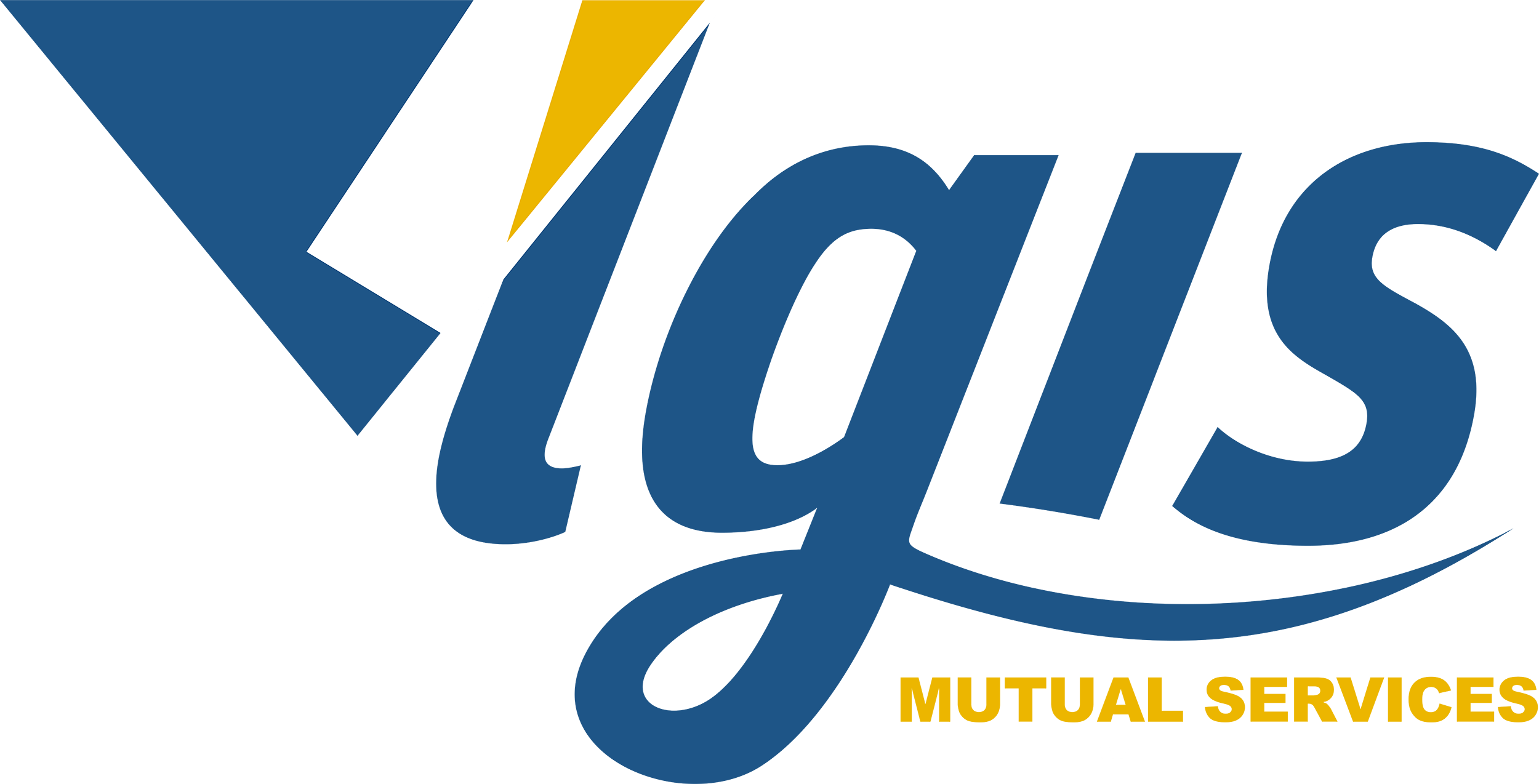Where we’ve been – Summer 2025
Congratulations to the Shire of Yilgarn who were award their Tier 3 Silver diligence in Safety Award. James Sheridan, CEO LGIS and Christ Gilmour, Risk Specialist – Regional visited the
Shire on Tuesday 26 February to meet the Yilgarn team and present the award.




